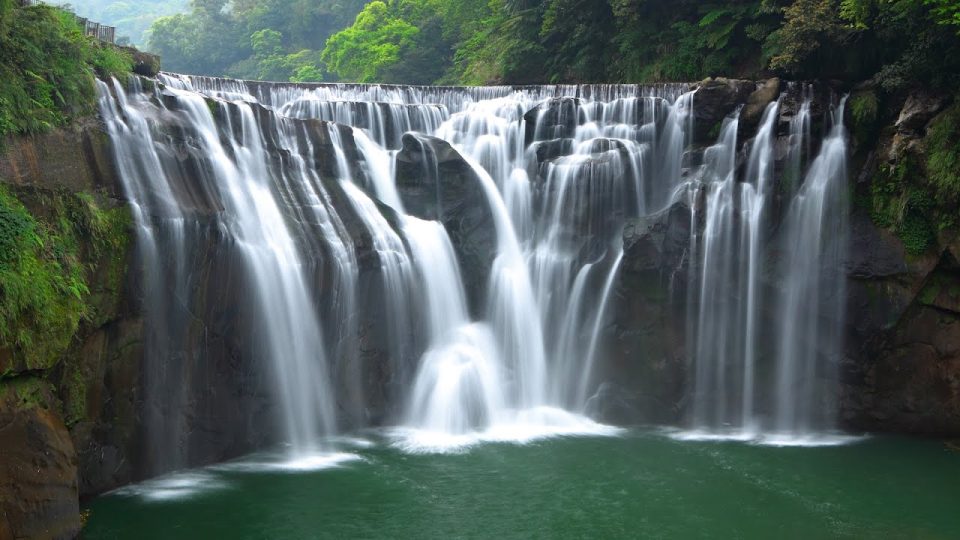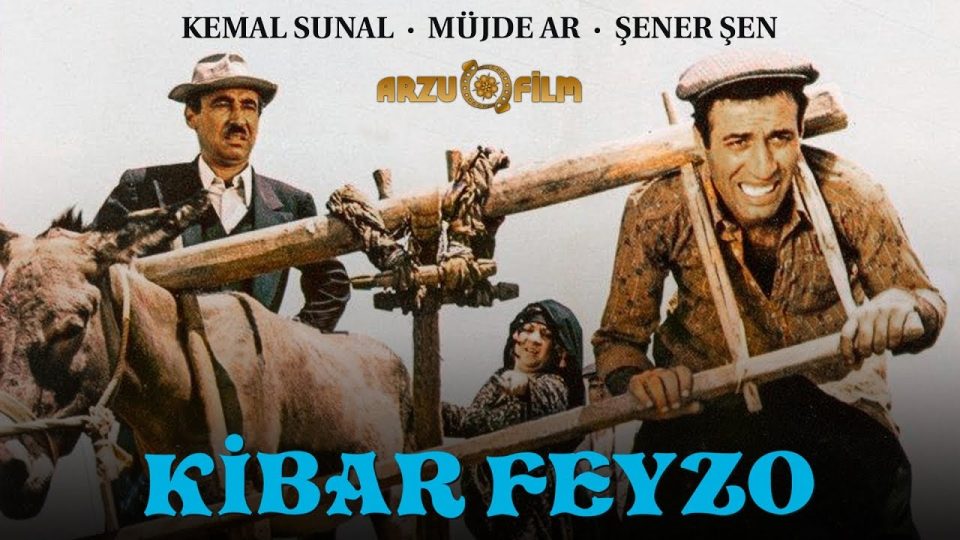Flamenco is a traditional Spanish art form that has been an integral part of Spanish culture for centuries. It originated in Andalusia, in southern Spain, and is characterized by its unique blend of music, dance, and singing. The origins of flamenco are uncertain, but it is believed to have evolved from a blend of Spanish, Arab, Jewish, and Romani cultures.
Flamenco is a form of expression that reflects the joys, sorrows, and struggles of the Andalusian people. It is a way for people to express their emotions, whether they are happy or sad, through dance, music, and song. Flamenco has been influenced by various cultures over the years, including the Moors, who ruled Spain for several centuries, as well as the Gypsies, who arrived in Spain in the 15th century.
Flamenco began as an informal dance form, performed at family gatherings, and local festivals, but it later evolved into a more formalized performance art. In the 19th century, flamenco became a popular form of entertainment in Spain, and it spread throughout Europe and the Americas.
The evolution of flamenco has been shaped by a number of factors, including the changing political and social climate in Spain. During the Franco era, flamenco was suppressed, and many flamenco artists were forced into exile. However, in the 1970s, flamenco experienced a resurgence, and it became a symbol of Spanish identity and pride.
Today, flamenco is recognized as an important part of Spanish culture, and it continues to evolve and adapt to modern times. Flamenco has also become an international art form, with performances and schools all around the world. Modern flamenco has incorporated elements of other music genres, such as jazz and rock, while still maintaining its traditional roots.
In conclusion, flamenco has played a vital role in Spanish culture, and it continues to evolve and thrive today. Its unique blend of music, dance, and song has captured the hearts of people around the world and has become an important symbol of Spanish identity and pride. Flamenco’s evolution reflects the changing cultural and political landscape of Spain, and it continues to inspire new generations of artists and enthusiasts.







